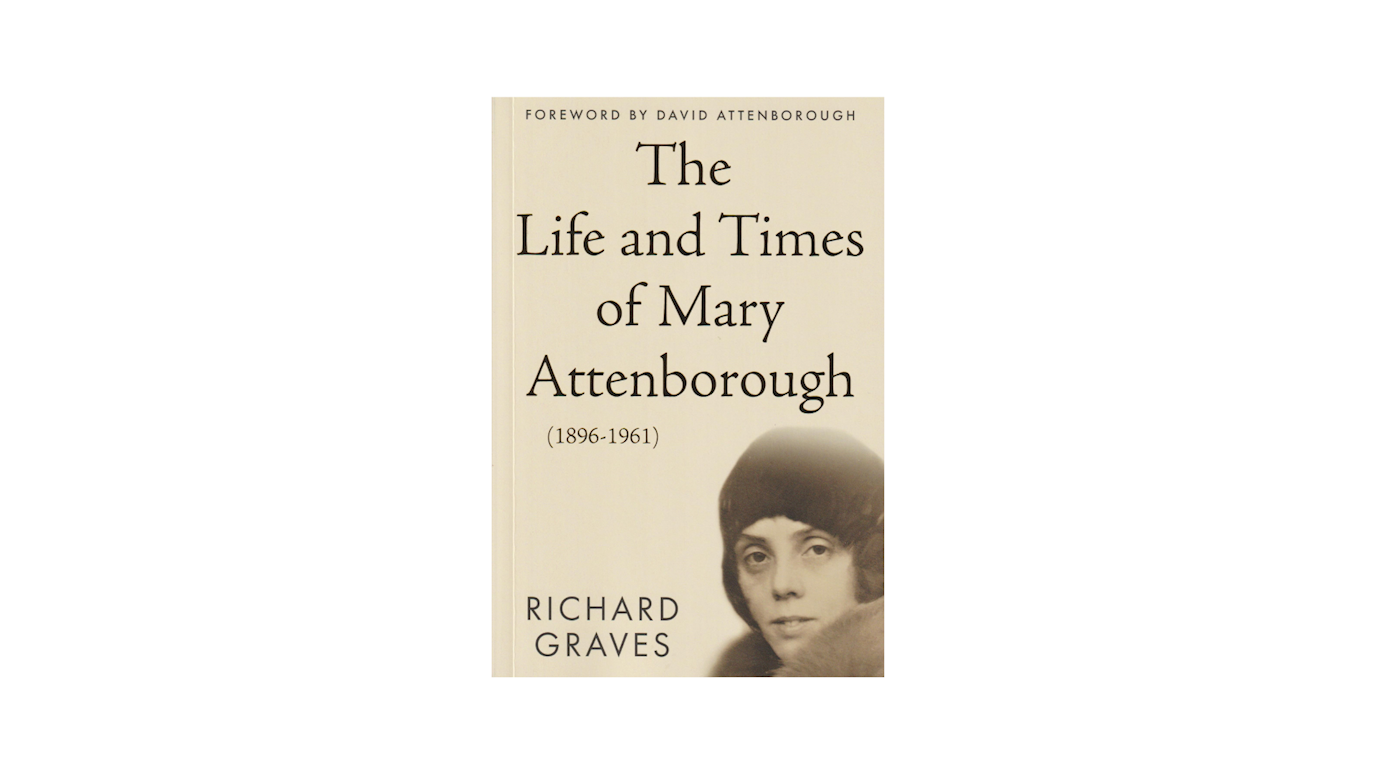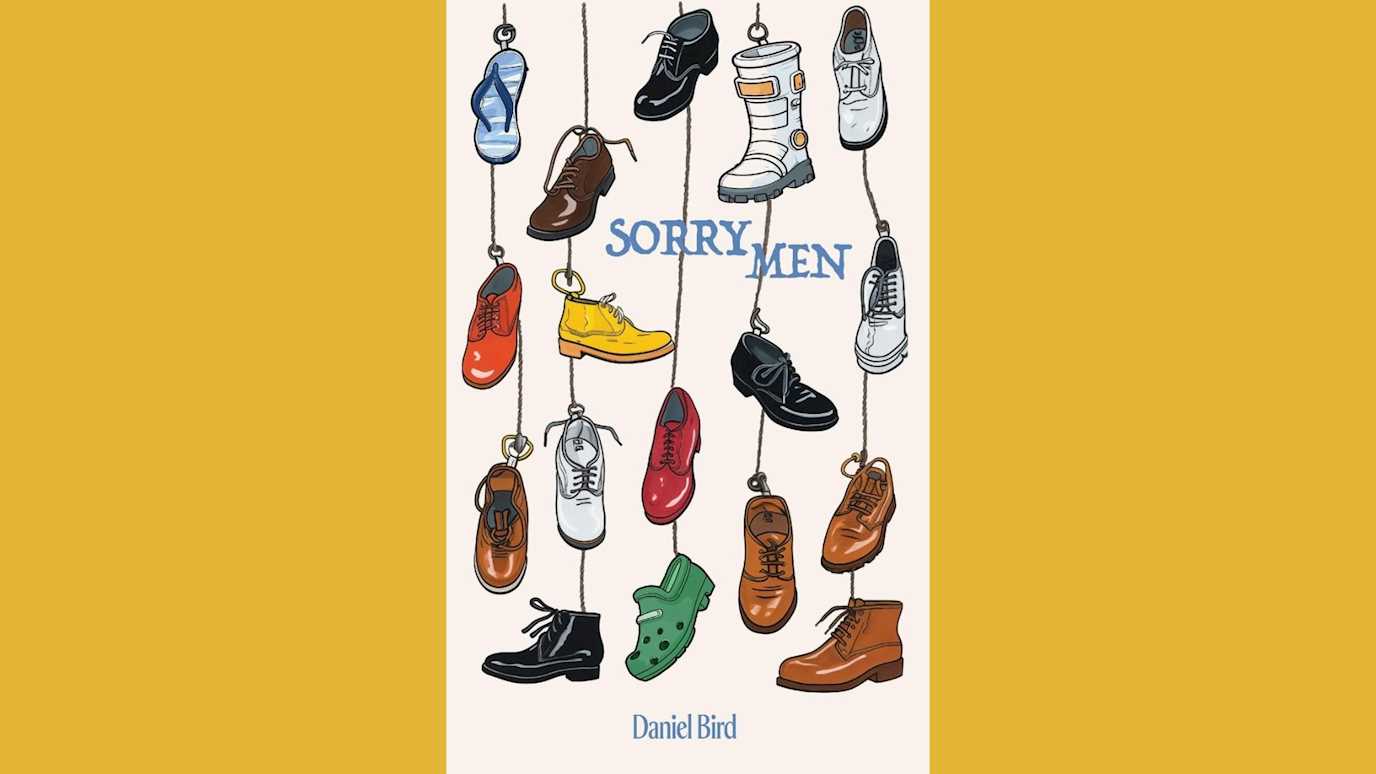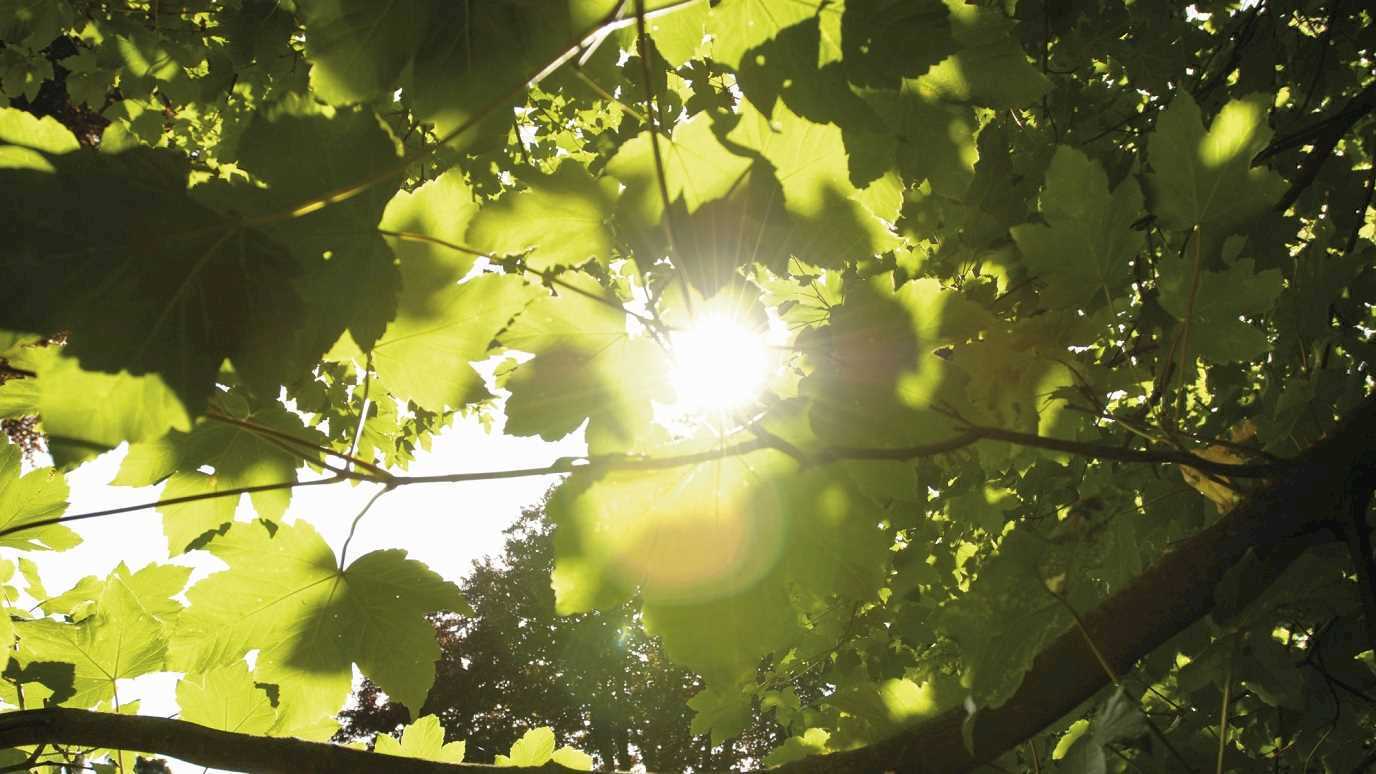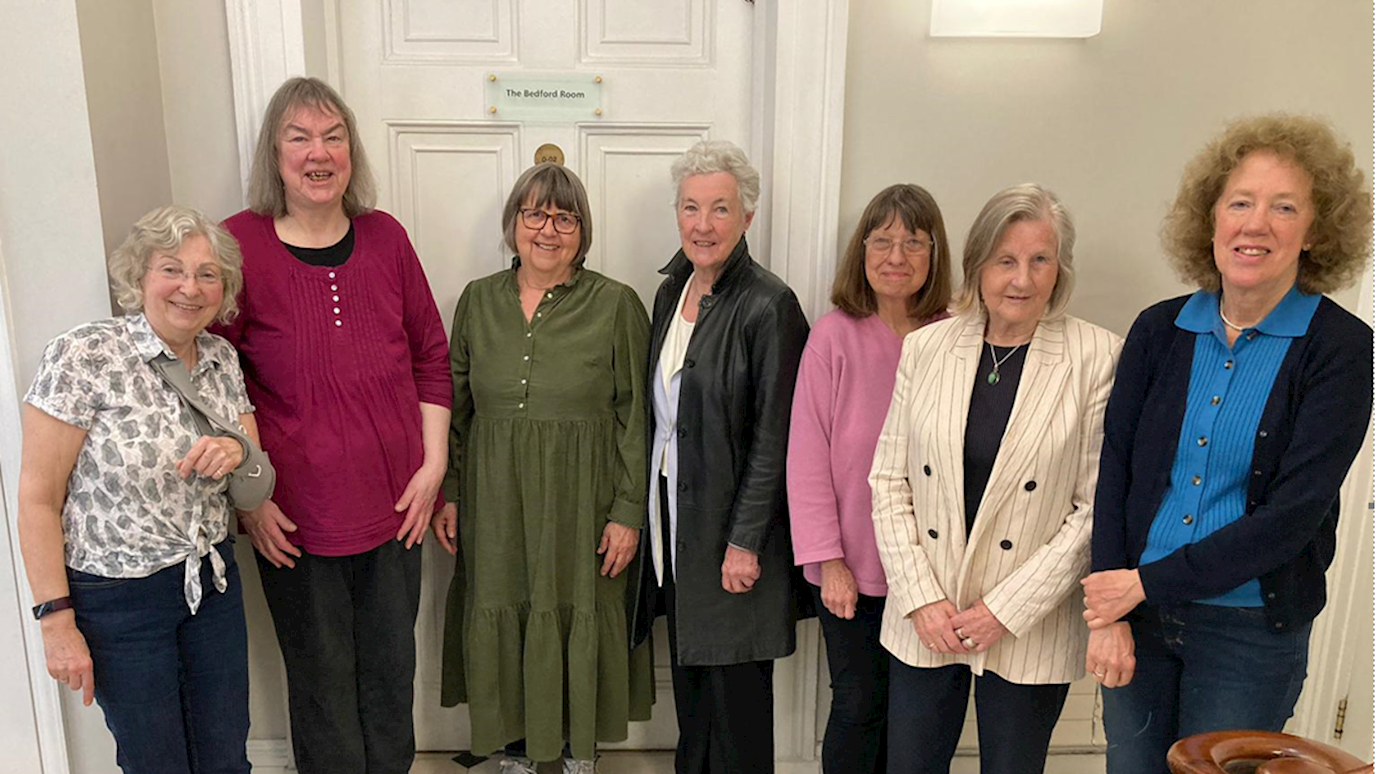Richard Graves (German, 1972), new book “The Life and Times of Mary Attenborough (1896-1961)” has just been published. We spoke to him to find out more about Mary’s extraordinary life and his time at Bedford College.

The seeds of inspiration for Richard to write his book, “The Life and Times of Mary Attenborough (1896-1961)” were sown in his multicultural upbringing in Leicester. He tells us, “from a fairly early age I was aware that my home city had attracted, welcomed and absorbed immigrants, not only from around Europe and further afield, but also from different parts of the UK, throughout the nineteenth and twentieth centuries and even earlier. For example, in the state grammar school I attended in the 1960s before going to Bedford College, I was learning and socialising with boys from Jewish families, whose parents or grandparents had moved to Leicester from Central Europe or from London’s East End, Catholic boys from Irish and Polish families, Sikh, Hindu and Muslim boys from South Asian families, and from even earlier times boys with surnames deriving from Huguenot immigrants.”
Richard was able to pursue his interests in European and local history after retiring, “and chose to further investigate the background to a story I had vaguely heard about two young Jewish girls from Berlin, who had lived with the Attenborough family during the last war on the campus of the then University College Leicester, a campus then and now shared with my own school. As I researched and wrote up this story of migration under desperate circumstances via the Kindertransport I also became aware that three years earlier Mary Attenborough had been at the forefront of local efforts to rescue Basque children from the tyranny of Franco during the Spanish Civil War. I determined to find out more about what made this dynamic, courageous and deeply humanitarian woman tick. The life story of the remarkable woman I discovered is the subject of this book.”
To modern audiences reading about Mary Attenborough, it is clear that she was a feminist, however Richard tells us, “Although the term ‘feminist’ was already in use in the first half of the twentieth century we do not know whether Mary would have described herself in these terms.” Mary’s background shaped and contributed to her world view and values. She grew up in a liberal, non-conformist environment in the industrial East Midlands, where her father, Samuel Clegg, was a highly respected and innovative headmaster and educationalist.
“It would have seemed quite normal and natural to Mary that women should expect the same opportunities in life as men, whilst also being aware that this was not the case in reality”, Richard explains. “Particularly after women finally achieved full suffrage rights, when Mary was 32, she was prominent in establishing local groups and organisations in Leicester, often branches of national bodies, to give women a voice in their local communities. These were not just ‘middle-class’ institutions. She was involved in helping young, single women, who had moved into Leicester during the 1930s from areas suffering the worst effects of the Depression. She was passionate about helping in the most pragmatic way victims of political or religious oppression, and in the process she quite literally rescued and saved young lives. When she was appointed a magistrate in Leicester in 1942 Mary quickly specialised in work in the matrimonial and children’s courts. She was one of the founding members of the National Marriage Guidance Council, now known as Relate.”
Richard believes that many of Mary’s beliefs and actions are as relevant today as ever. “I think that she would be pleased with some of the progress made in post-war Britain, but I also believe that she would be quite disappointed in other areas where attitudes and actions are seemingly more resistant to change. I hope and believe that a modern audience will recognise in Mary an individual, who would deserve and command respect and admiration in 2022.”
The book has been endorsed by Sir David Attenborough, Mary’s son. The support of the Attenborough family enabled Richard to research and write the book. Richard says, “When writing about someone, who has died within living memory, respecting family sensitivities is paramount. Interestingly for me Sir David acknowledges an almost universal truth: that few of us ever find the opportunity or make the time to ask all the questions of our parents that we would like to do before it is too late.”
When Richard graduated from Bedford he joined the London Borough of Brent to embark on a career in social housing management. “Throughout my time at Bedford I lived in rented accommodation in Kilburn, just five stops along the former Bakerloo branch, now the Jubilee Line, from Baker Street, so I was pleased to be offered my first trainee post by my own local authority at the time. I remained working in housing management, an interesting and at times challenging career, with five local authorities, until retirement.” Whilst he did not use his German degree directly in his career, “it complemented a life-long interest in modern European history and was very useful, for example, when using a number of German sources in researching one of the themes in this book.” Richard’s university choices were heavily skewed towards universities in London and he enjoyed his time at Bedford College, saying “I could scarcely believe the setting of the College within the southern boundary of Regent’s Park. What better way to start a day than the short five minute walk from Baker Street Station, along the top end of Baker Street, through Clarence Gate, across the bridge and into the grounds of College, where the sight of thousands of crocuses on a sunny day in early spring was truly uplifting.”
Being part of the alumni community is not something Richard had time to reflect on whilst establishing his career and life, but he tells us, “It is always good to have that continuous thread of connection over the years.” He is in contact with a small number of his contemporaries, “but I often wonder about the destination of others in the class of ’69”. He unexpectedly received a mention in the Bedford Society’s January 2022 newsletter. “I was intrigued and amused when our very close friend of 53 years from Bedford, Rosalyn Shute, who now lives in Adelaide, wrote in the January newsletter about her memories of Bedford and referred to the ‘girl studying Botany who met a boy studying German’. That couple is my wife, Hazel, and I.”
“The Life and Times of Mary Attenborough (1896-1961)” by Richard Graves is available at all good bookshops now, and from the major on-line retailers.
























